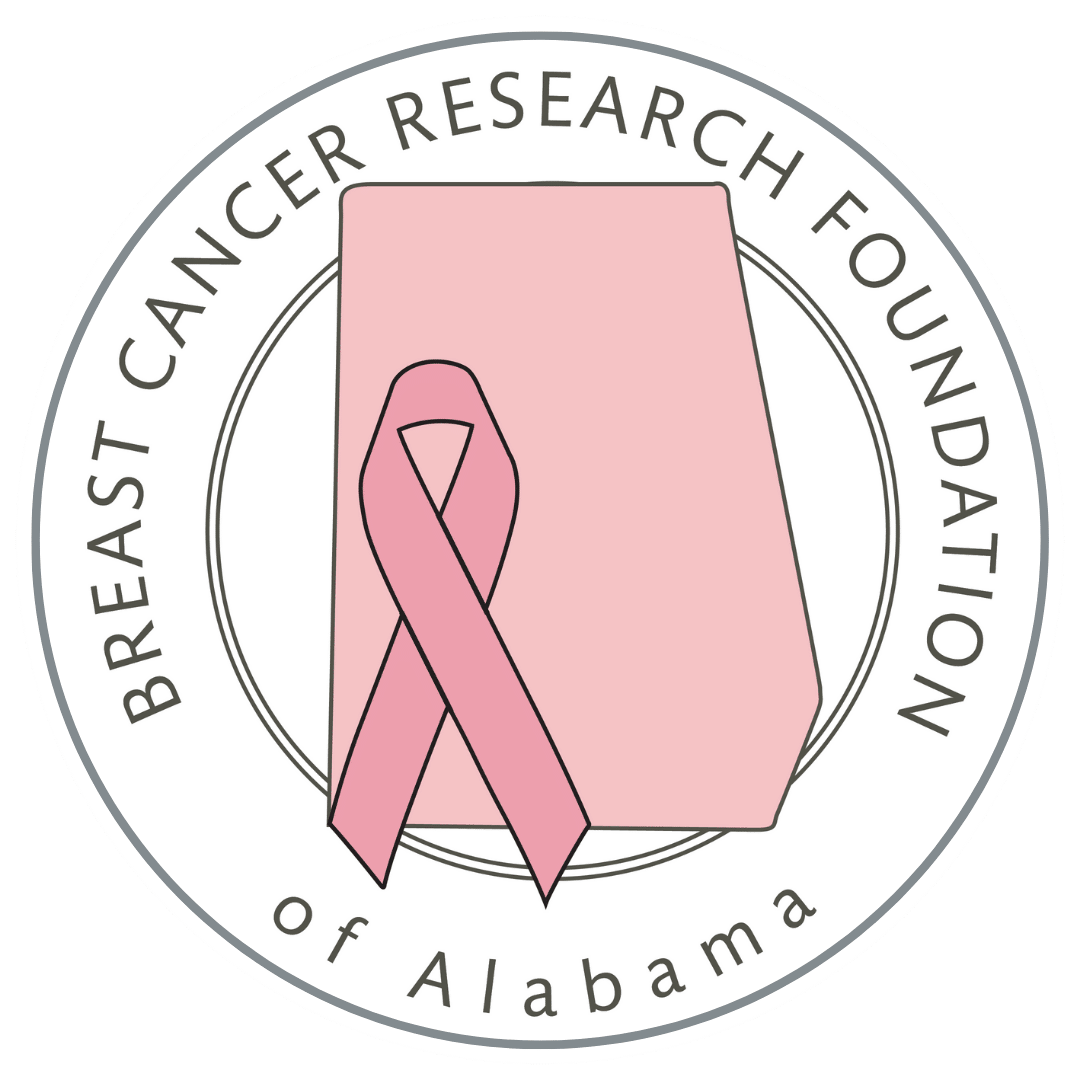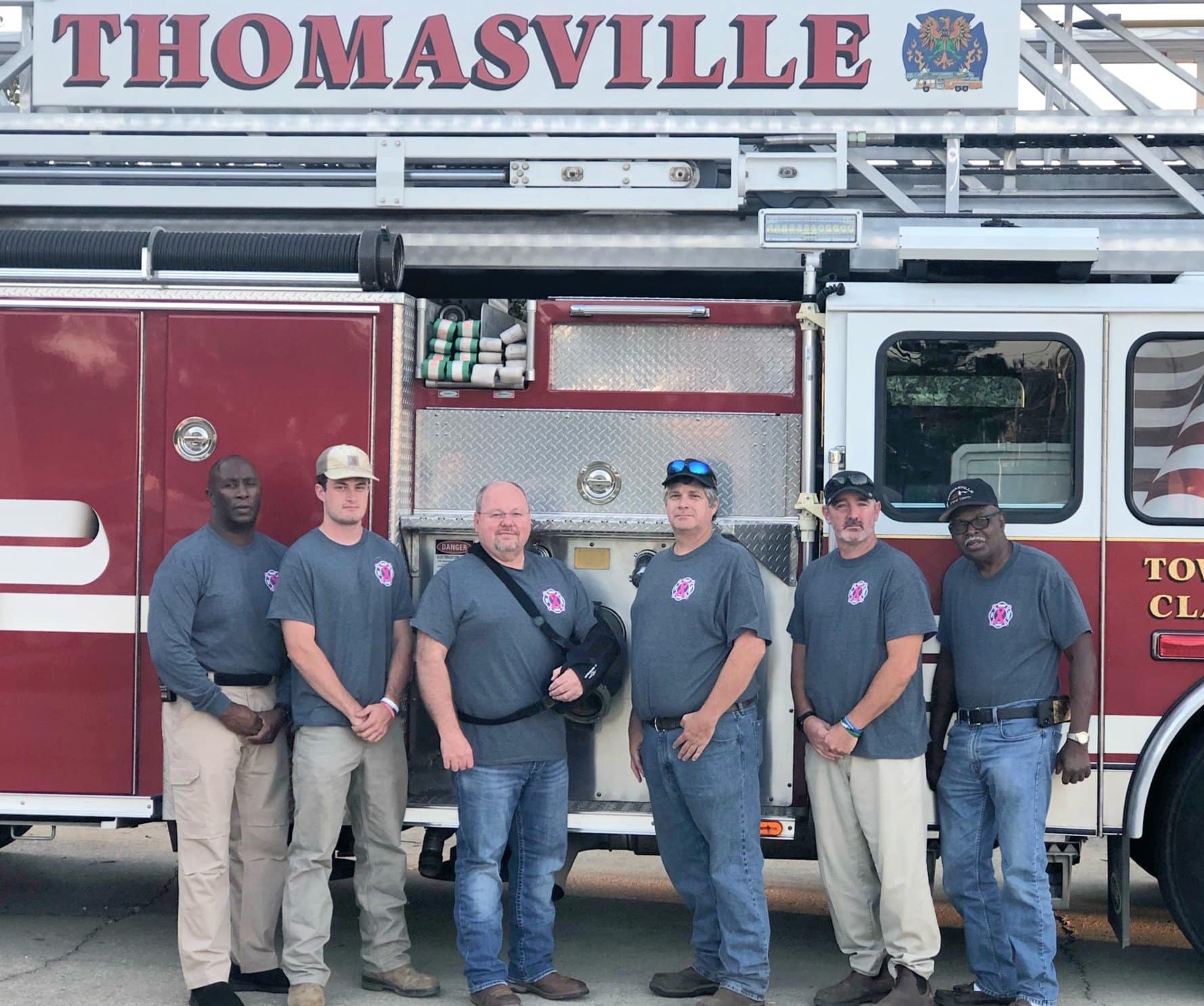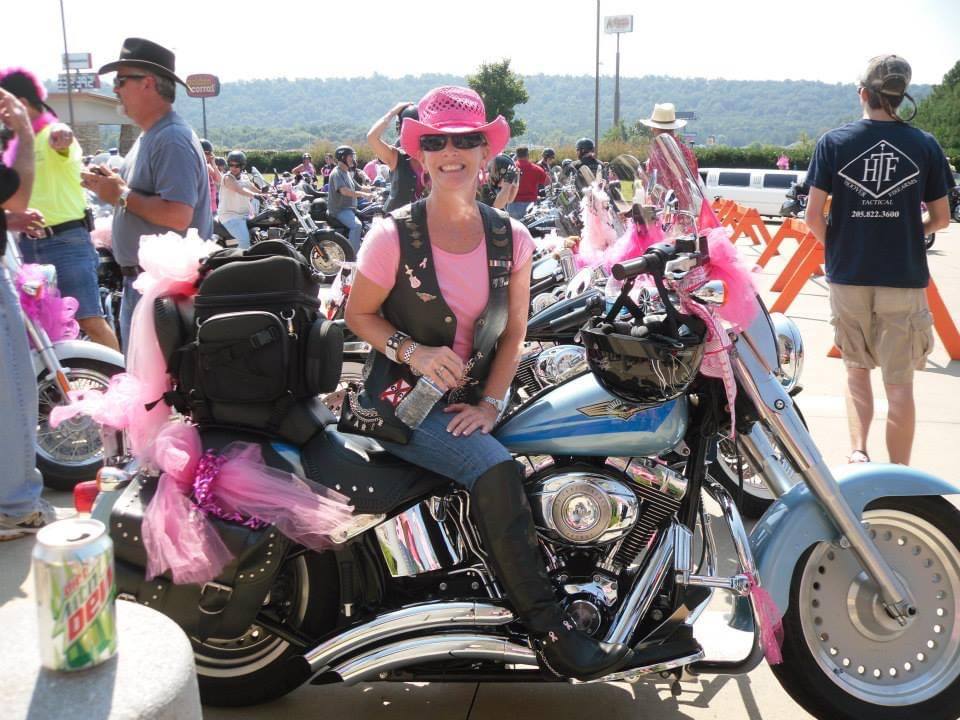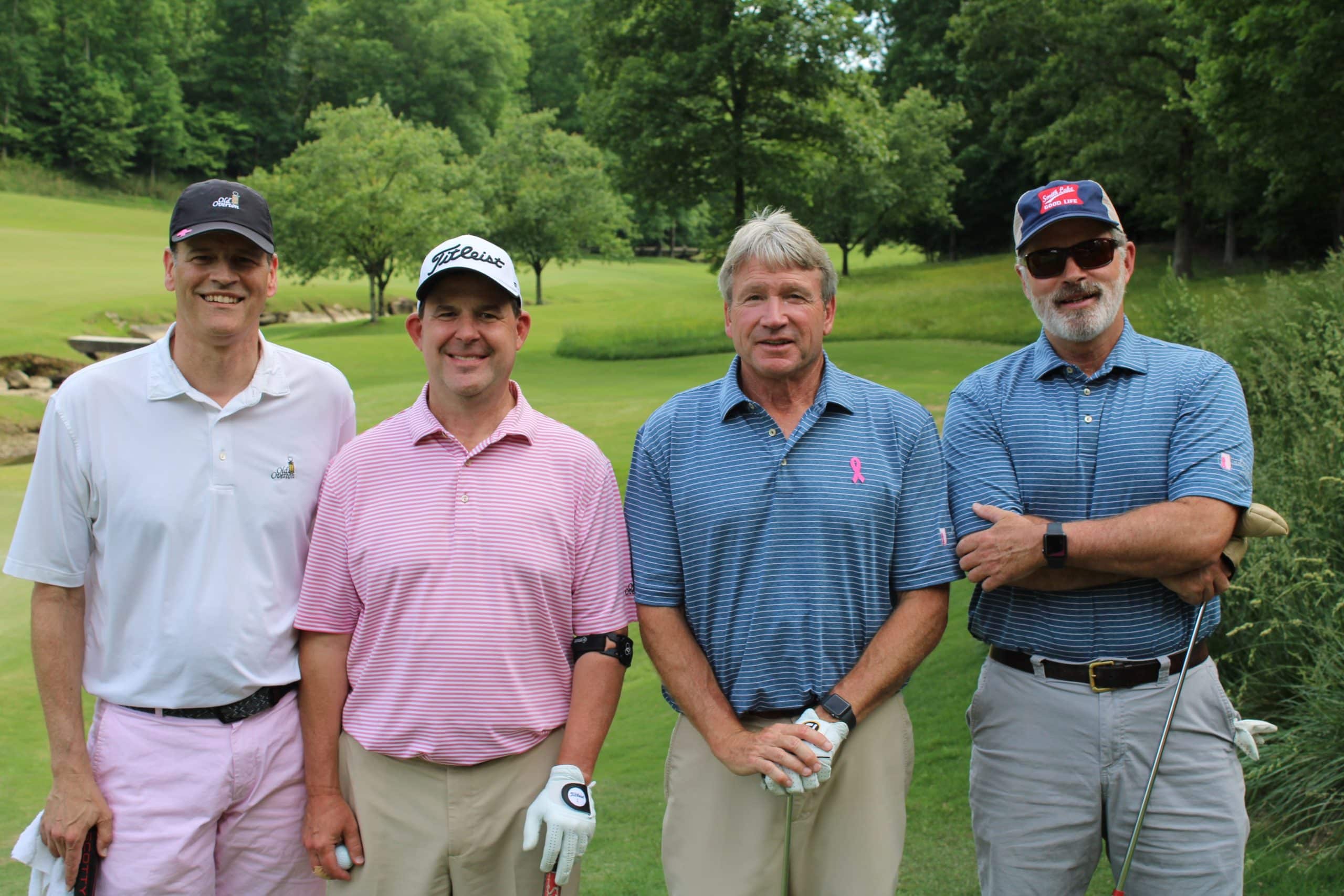25 For Research: Laura Hinton
May 28, 2021
For financial advisor Laura Hinton, having breast ultrasounds was a normal routine as someone who had fibrocystic breasts. What she didn’t bet on was for something to change while she was on a motorcycle trip in Savannah, Georgia. One morning in her hotel, she decided to do a self-breast exam – then, she felt a lump.
“I had one of those, ‘oh, crap’ moments,” said Hinton. “This had happened before, and they’d all been negative outcomes…. but I went ahead and set up an appointment for an ultrasound.”
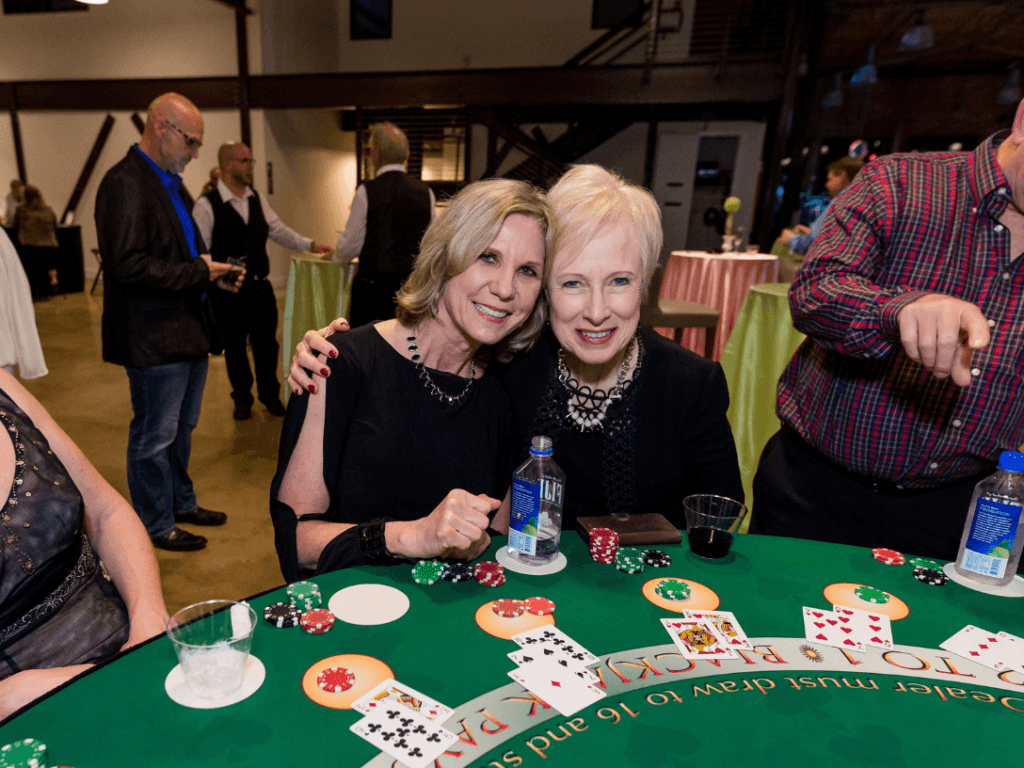 During this particular test, however, the technician didn’t tell Laura not to worry as they usually did. Instead, she was told that further testing was likely needed. After undergoing a needle biopsy, Laura received a call at her office. It was cancer.
During this particular test, however, the technician didn’t tell Laura not to worry as they usually did. Instead, she was told that further testing was likely needed. After undergoing a needle biopsy, Laura received a call at her office. It was cancer.
“I was writing notes as fast as I could. I didn’t understand the whole concept of what it meant,” said Hinton. “Then, I just stopped everything. I went to my car and I drove home. I drove home scared.”
From there, she was quickly connected with a cancer team at UAB’s Kirkland Clinic, including Dr. Andres Fererro, the former director of the Breast Cancer Research Program at the O’Neal Comprehensive Cancer Center and previous BCRFA board and medical advisory council member. She instantly felt at home with the team, trusting their expertise on next steps.
“There’s so much anxiety between the time you find out [about the cancer] and the time you have a treatment plan,” said Hinton. “Once you get there, you think the first thing to do is, ‘just get it out of me!’. But that could be the wrong thing to do, because they have to run tests to determine what it is they’re treating.”
Based on years of foundational breast cancer research, Laura’s cancer team decided that the best plan of action for her case of potentially aggressive HER2 cancer was neoadjuvant therapy, which required her to receive twelve chemotherapy treatments before undergoing a mastectomy in January 2014.
“I was determined to maintain as much control as I could. I didn’t want it to control me, I wanted to be in control,” said Hinton, speaking about her cancer. “I continued my routine of working out, I continued to go into work – I tried to eat better. I had a good attitude. I went to a therapist. All of those things are important when you’re going through something like that.”
During her treatment, Hinton made it clear that she wouldn’t take her time, family or faith for granted any longer. She wanted to get involved in the fight against breast cancer.
“I was always confused with national breast cancer nonprofits. I thought, ‘I’m not going to send money if it’s just going out there somewhere. I want to support something local, here, in our own state.’” 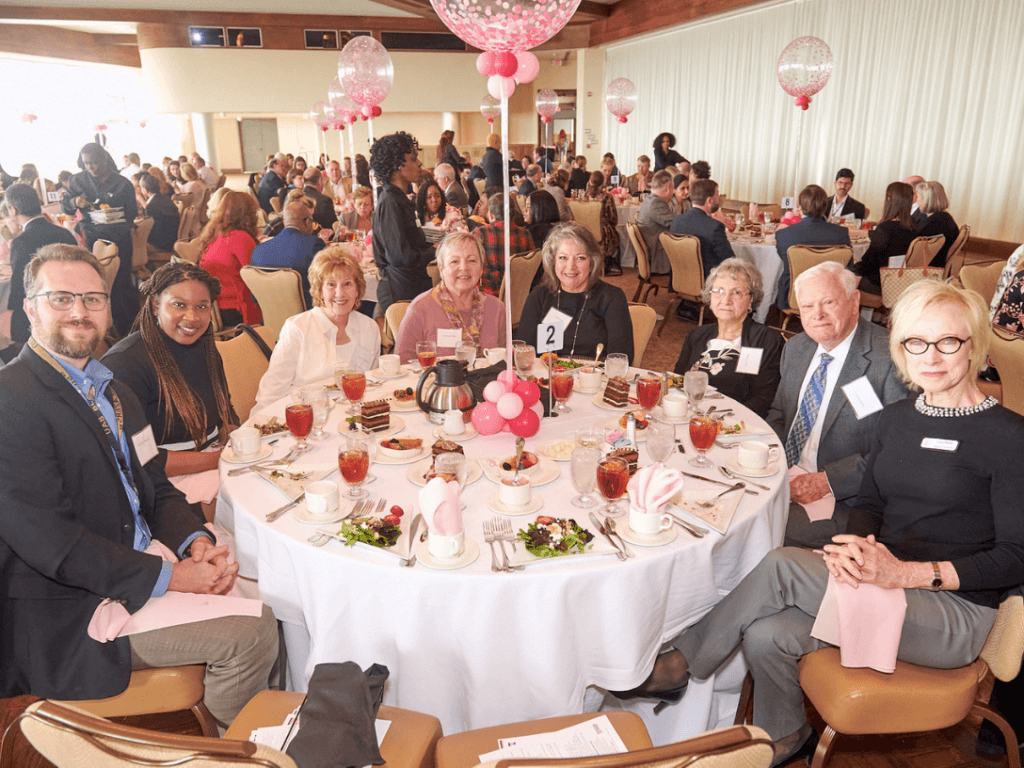
That’s when she found out about the Breast Cancer Research Foundation of Alabama. Seven years later, she became the board president of the organization.
Today, Laura spends her time raising awareness for breast cancer research as well as encouraging individuals across the state to volunteer, attend events or donate to the cause.
“Everyone knows someone who has had breast cancer or been affected by it. Could be young, old – doesn’t matter. You can make such a difference in our state of Alabama, and save lives – literally, save lives.”
“I wouldn’t be alive right now if it weren’t for research,” Hinton continued. “I was HER2 positive and that can be aggressive. They’ve come such a long way through research that it’s very possible if I had been diagnosed five or ten years ago, I may not be here today. Research is the only way to move forward and ultimately tackle this problem.”
Have a story to share about breast cancer research? Visit our 25 for Research portal to share your story or nominate someone today.
